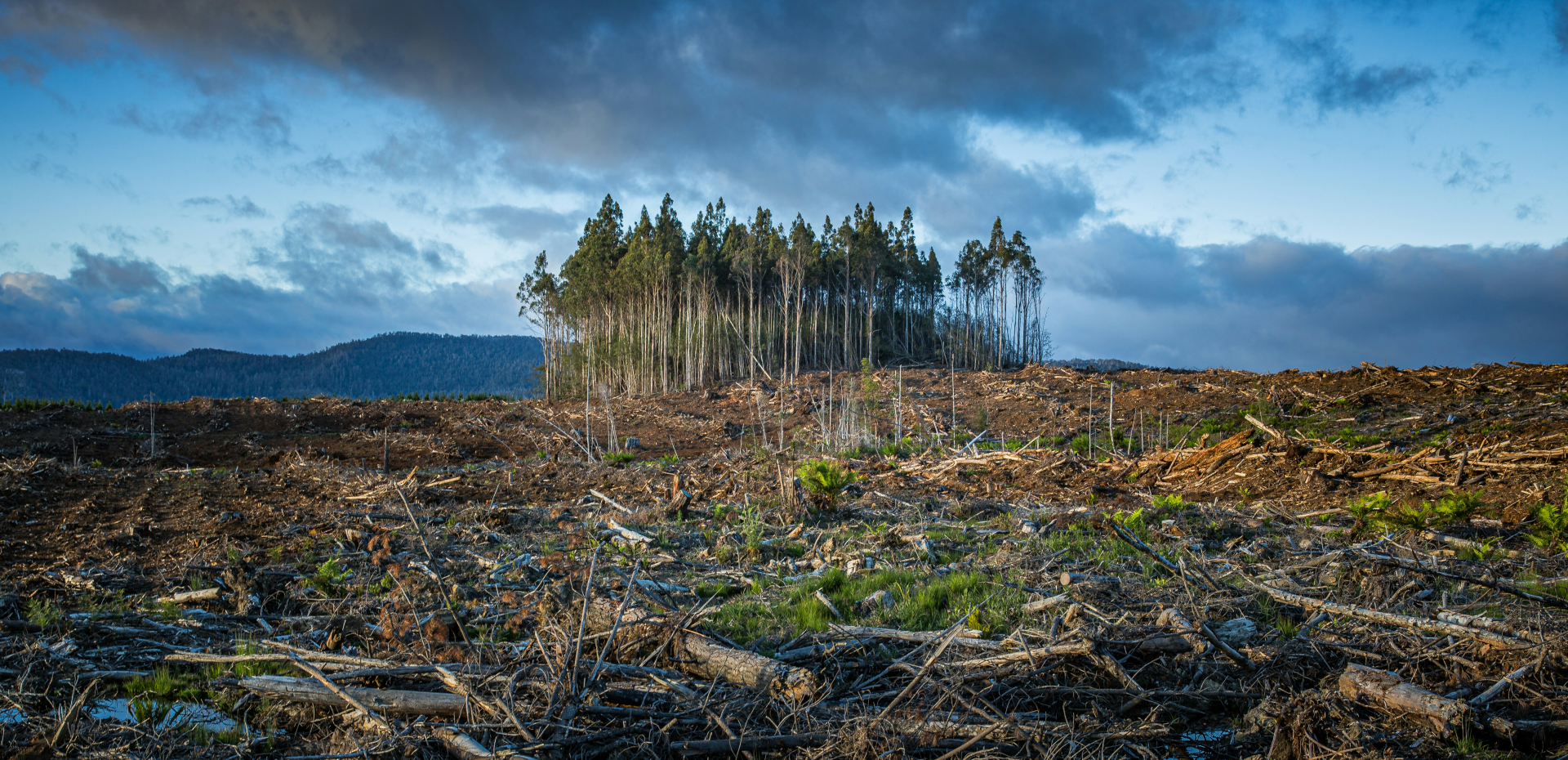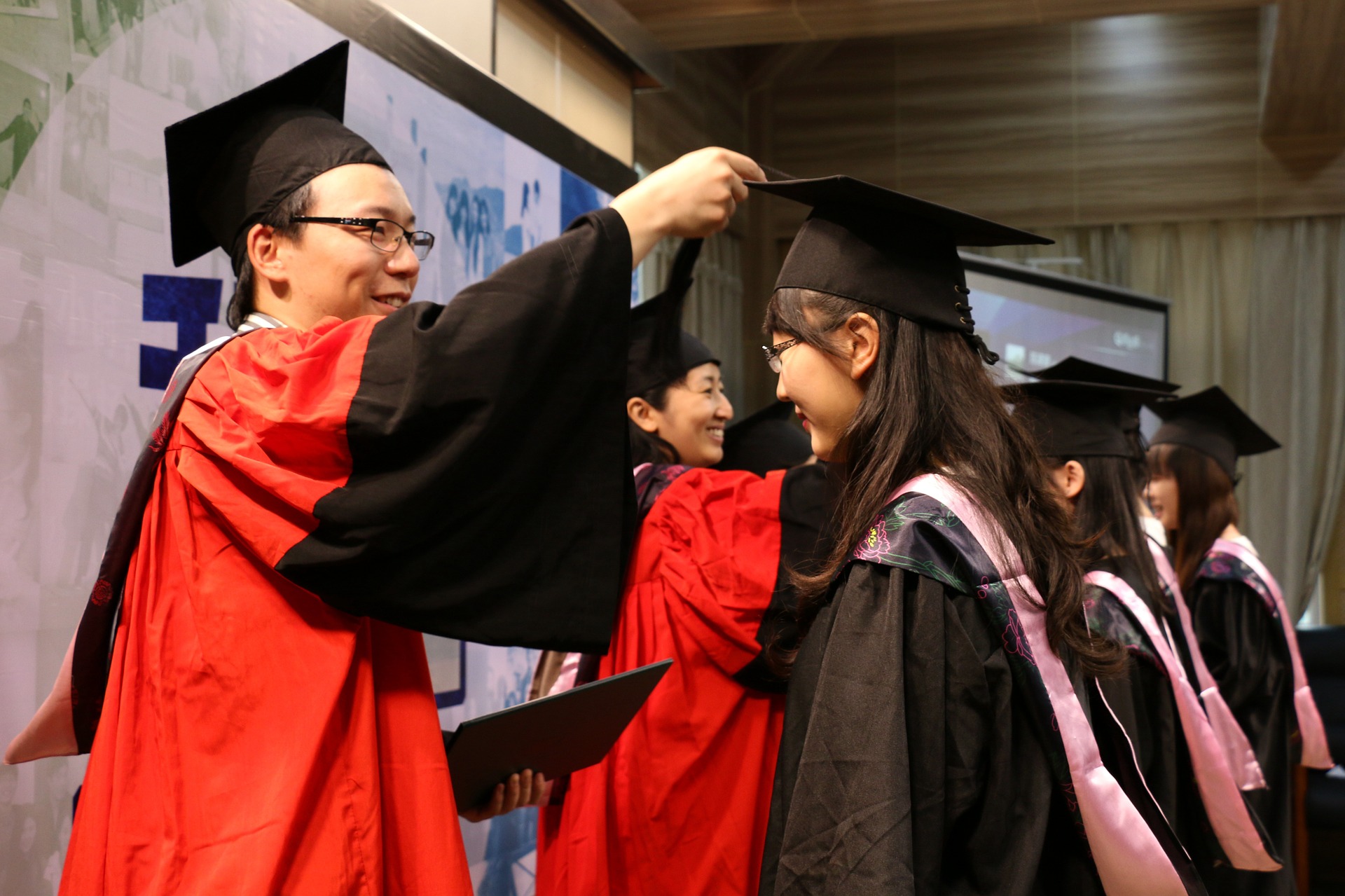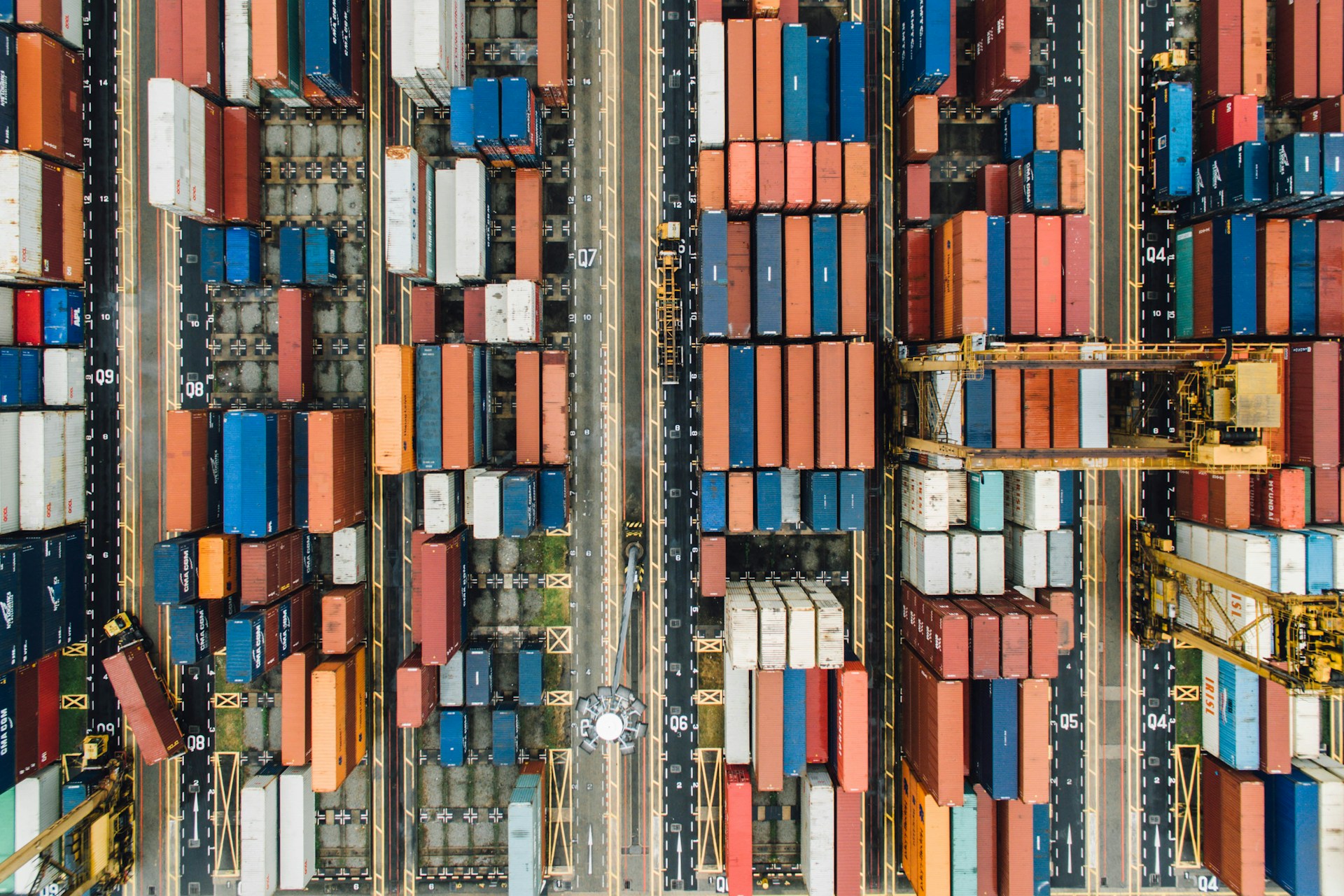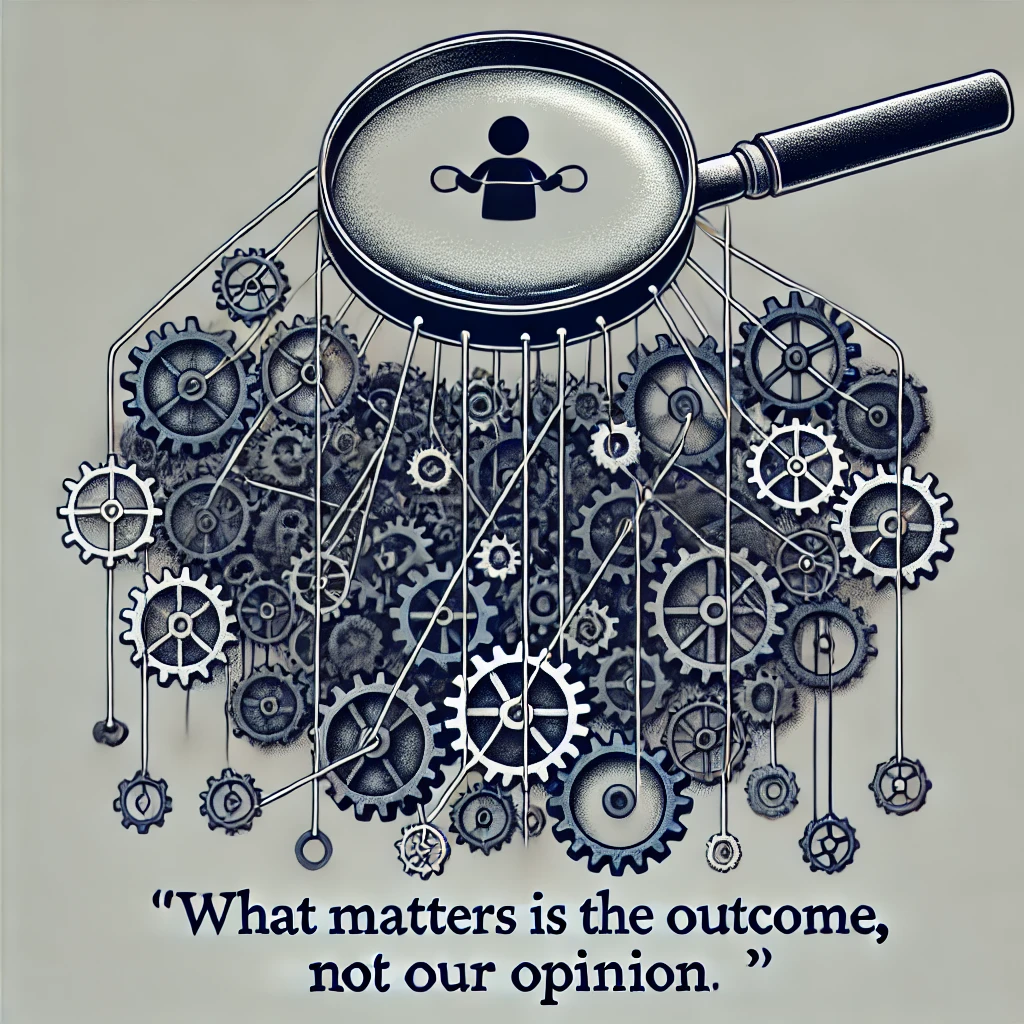Decoding an Environment in Crisis
Having Conversations that Matter
As far as I can tell, the problem of accelerating global heating is less hyperbole than a measured evaluation of our predicament. I “know” that because I was born in the West and carry that social indoctrination with me in how I observe and make sense of reality.
When filtered through the rational lens of Newtonian physics, Darwinian evolution and Cartesian logic I observe a cataclysmic canvas. What is not commonly understood, and even less frequently stated, is that all these visible symptoms of a society and a planet in a state of distress are the predictable consequences of how we have deliberately designed things. They are a result of the civilizational Eurocentric worldview actually working as it was intended.
But is this the only explanation? And, if so, is it adequate to comprehensively explain what is happening to the human species and to Earth? Is this depiction of an environment under stress and in chaos the only possible interpretation? Let’s examine the evidence more deeply through three different lenses: the Eurocentric, the Sinic, and the Indic mindsets.
THE EUROCENTRIC MIND: AN ENVIRONMENT IN CHAOS
To any reasonable witness schooled in the scientific method, no other reading can be put on the evidence. Pure reason demands that we construe the testimony as a crisis out there – a crisis located within the environment. That is what we know. We see it and can measur it. All else is of little consequence.
But what if this is an inadequate or even an inaccurate image of reality? Could we be overlooking something significant by focusing only on what can be observed and measured? Might there be vital information hidden within the collective gestalt for example? Much depends on where we choose to look – and through which lens.
At face value we interpret the evidence as a disturbing account of an environment in an acute state of collapse. Moreover, the causes look suspiciously anthropocentric. However, the subcutaneous code reveals an even more alarming prospect; namely the advancement of a morbid pathology where nature is perceived to be the problem to which we must urgently respond. But what should the nature of that response be? What treatment could possibly be effective in the circumstances?
The rational Eurocentric mind reacts instinctively in the belief that if technological thinking caused this problem then technology can also solve it. As a consequence we get caught up in predictable attempts to achieve a universal consensus through international legislation: laws, rules and processes designed to mitigate perceived threats by cutting the consumption of natural resources, slowing pollution from fossil fuels and adapting infrastructure. Is that a sufficient or even a sane response given that these attempts, too, seem to be failing? Or is such an impulse to regain control over nature merely hastening our self-destruction?
If our most basic hypotheses about how the universe works are correct then the various courses of action we see all around us, especially from governments and organizations like the UN and EU, are probably sensible, albeit lethargic. If however, our assumptions are categorically wrong (and there is a growing body of opinion that this might be the case) nothing less than a fundamental change of mind concerning how we perceive reality is required. For without such a deep-seated metanoia it is highly improbable that more epistemologically appropriate solutions will emerge.
Let me be clear. The data contained within the statements we read about the climate are not necessarily untruths, although sometimes the hypothesis as conveyed may seem propaganda-like, especially to cynics. On the contrary, we use visible estreme weather events to express a crisis in precisely the terms one might expect from the Eurocentric mindset: a series of observations with associated metrics, calibrations, statistics and analysis, all trying to make sense of the most subtle (and not so subtle) of changes in the external environment. My anxiety is threefold:
1. Surveillance stops short at a critical juncture between sensing (what is going on) and making sense. In other words the opportunity to bring fresh insights from alternative epistemologies and different stages of consciousness into strategic prominence is often ignored.
2. We impatiently disregard information hidden below the surface of our perceptions even though the process of meaning-making can be far more profound at the levels of cognition and emotion.
3. No attempt is made to integrate information from our individual and collective inner worlds – all attention is focused on the external physical world.
Also of concern is the content and tone of messages that play into the dominant media meme vis-à-vis climate change – one that is increasingly projected onto such subject matter through alarmist, at times almost hysterical articles, opinion pieces, websites, television news, cinematic fiction, summits and conferences. Containing a range of disconcerting details, statistics taken out of context and dumbed-down opinion, the “green meme” of impending human catastrophe has become the dominant global narrative within the context of our relationship to the environment and, not surprisingly, it is generating anxiety and paralysis within communities. Indeed it’s a first-rate example of what happens when awareness of any situation is amplified but without any prior thought being given to the consequences of such raised awareness in the collective psyche.
Not surprisingly this meme underpins many of the scenarios saturating our waking hours – choking optimism and playing to our fears, doubts and superstitions in ways that abandon any sense of a better future. Scenarios depicting positive outcomes are scorned or considered irresponsible by the merchants of doom and gloom.
In this psychotic state almost everything about the past (including, of course, the socio-economic platform that gave rise to affluence and to modern lifestyles) takes on a romantic perspective, while almost everything about the future is couched in depressing terms. Regrettably our nostalgia for the past is a seductive lie. It merely engenders apathy. Instead of aspiring to fresh goals we do everything in our power not to lose that which we once had. Energy dissipates right there!
As a consequence zero-sum games remain the actuality. Entangled in a transition we never intended and hardly thought possible, one that threatens to depose some of our most fundamental tenets and over which we have seemingly less control by the day, we are traumatized by an ominous sense of foreboding and the ennui of uncertainty.
Instead of embracing an energizing potential for renewal, especially the possibility of attending to inequities generated by increasingly predatory forms of capitalism, we descend prematurely into melancholy, grieving for the sacrifice to come and striving to avoid the pain of disassociation. In most cases that just means carrying on with life, turning a blind eye to worsening forecasts and devastating events, doing what we can to protect our own parochial interests, and all the while putting our trust in promises of further economic expansion and growth when that is clearly the root cause of our current mess. How absurd!
In these circumstance is it really any wonder vast numbers of citizens just switch off, get angry, or try to deny the limits inherent in nature that stare us in the face? Why should it surprise us when individuals search for ways to evade discomfort and to conserve, or even improve, their present life-style?
Why should we all not join those climate prosperity advocates who fearlessly seek to create even greater wealth from this crisis without so much as questioning the flawed foundations underpinning the notion of endless growth? Should we continue to belittle and censure those who simply hanker for the conspiracy theorists to be correct and the scientists wrong? Is it not human nature that we should turn our backs on a future seemingly devoid of any optimism or joy?
THE SINIC MIND: AN ENVIRONMENT IN TENSION
Realizing that an existential ideal is a peaceful and harmonious existence, we observe that the course of industrial linearity (the extraction of resources, the industrial fabrication of consumables and the single-use throw-away mentality inherent in modern notions of consumption) is dissonant with phenomenology in the natural order.
For those systems long starved of methane and carbon dioxide, the thinning ice-sheets are breathing life back into organisms that humanity has misunderstood or ignored in terms of their role and consequence. Algae, viruses and bacteria bloom in a world filled with chemicals released by unconsidered acts.
Our response can be dual. On the one hand, we can see the emergence of these reinvigorated terrestrial forms as symbians with whom interaction can be positive. It is conceivable that the structure and energy of these dynamic agents can align with ours in abundant cohabitation. On the other hand, we can view these energies as alien intruders and choose to oppose their emergence. While evolution cautions that the second path is unlikely to prevail in the long view, rallying around a common defense is a timeliness component of species-evident values and, as a result, may serve as an impulse to aggregate in community.
Beyond duality we can choose a more transformational pathway, embracing the role of imprudent acts which triggered this dissonance but seeking pathways to re-establish harmony. This may mean remediating our unconsidered acts, having acknowledged them as such, as well as our complicity in their invention. It may also mean uniting in acts of reconciliation that connect us more aptly in our eleventh-hour efforts to develop a considered response to our unconsidered, collective neglect.
One can see this view in conflict in the past decade of economic and social activity in the People’s Republic of China. In the wake of the Kyoto Protocol discussions, China attempted to bridge its growing role as a world power with the post-imperialist concessions afforded in the aging paradigm under the moniker of developing nation. In response to a perceived need for power, industrial scale agriculture, and projected evidence of achievement, the Three Rivers Gorge scheme became a “coming of age” project. Sold simultaneously as ecological (non-polluting) energy as well as evidence of engineering mastery, China chose an iconic symbol of power explicitly from nature – in this case, a river.
However, discord challenged the project from the outset. Irreplaceable cultural heritage was flooded. Communities were displaced. Technology to harness power was largely supplied by foreign entities. Scant attention was paid towards the environmental cost of production (entailing vast concrete and steel consumption) or utilization (a toxification of vital waterways threatening the health of millions).
Against the pollution of the waterways, however, has emerged a concerted effort by Chinese scientists to derive biofuel options from the various algaes that now blight the coastal waterways. Developments on algal agriculture, bacterial biodigesters and the like have emerged as centers of excellence in a country that seeks to balance Eurocentric metered growth with Sinic scaled engagement.
THE INDIC MIND: AN ENVIRONMENT IN DHARMIC CYCLE
The world is as it is. We learn from our experiences. Humanity has come to the concluding stages of a process of awakening, and passage through this dark stage is necessary if we are to reawaken with a new sense of being at a higher level of consciousness than before.
Prior to the industrial period we were not given the opportunity to acquire the value of reflective stewardship. Thus our understanding was compromised. Instead, our experiments with violence and with conflict (often amounting to trivial aggression over resources and territories and dominated by an imperial desire to kill, maim and impoverish for the selective opulence of a few) have come to mete lessons on those who saw themselves as beneficiaries of unconsidered systems.
These lessons must be embraced, instilled with the energy we previously released in callous and abusive behaviour, but in ways that express new models of engagement and relationship. Such is the path to enlightenment. Those intoxicated by possessions and trapped within the current manifestation of reckless consumption will perish. But, in an awakened state, humanity will emerge more aware.
Perishing (should we embrace the process) will manifest as the eclipsing of those behaviours and memes that have dishonoured matter, energy and spirit and the emergence of a refined engagement of the same in a new fashion. Perishing (should we enter into conflict with the process) will manifest as a violent retribution from matter, energy, and spirit abuse where the elements themselves will persist in destroying that which is triggering the immune response.
There is no path that does not involve destruction and there is no path that will not give rise to rebirth.
Many countries across Asia and the Global South are demonstrating collective responses that evidence the patterns emerging from the Indic mindset. In India itself, the retrofitting of compressed natural gas (CNG) in public transport vehicles in Delhi and throughout metropolitan centers has led to an immediate improvement in air quality the likes of which have occurred in few other places.
In the space of two years, pragmatism and public investment aligned to improve the air quality and living conditions of all as evidence of a notion of shared stewardship of the air. In post-Apartheid South Africa, resource management (including metals, gems, and energy) became the fulcrum for re-engagement of a national dialogue on resource stewardship and, through this context, social reconciliation was integrated into economic engagement – at least until corruption intervened. In Fiji rejection of colonial influences led to the provocative realignment of a new social order and systems.
Ironically, modern expressions of Indic philosophy include stark post-colonial reflexive social challenges in almost every incidence. However, as one examines these and other cases, what emerges is a clear prioritization on community and family accountability, in stark contrast to the abdication of such priorities for some apathetic caretaker state. This by no means suggests that bureaucracies are not flourishing and grossly ineffective in these states. But it is important to perceive the growing recognition of the role of the community unit rather than the collective apathy of displaced responsibility.
Taking Action that Endures
And so it seems there are far more inspiring alternatives to the enervating cynicism, uncertainties and increasingly shrill revelations of impending disaster that flood the Eurocentric mind daily. Stories that offer hope and intentions that chronicle a brighter future for all.
Human civilization is certainly in a state of transition. Indeed we may have reached a developmental crisis point, one that necessitates a redefinition of what we interpret to be progress as well as what it meanss to be human. Yet while we can only analyze past transitions, the future paradigm still remains ours to invent. Along with technological revolutions, socio-economic crises offer exceptional opportunities to move to higher levels of evolution. We just need to be able to see the promise of societal renewal with greater clarity and conviction, which is why epistemology (the framework of understanding within which we make meaning) becomes so vital.
Contextual dynamics both establish and reflect dominant belief systems in the culture. An appreciation of context becomes particularly critical when so many of the ideas and institutions defining Western culture appear to be breaking down. This is the case today. It is the ideal time to be learning from diverse cultural traditions as an alternative to insisting upon the validity of a superior Eurocentric mindset, which is simply a delusion. The Sinic and Indic traditions, as well as various indigenous mindsets, enable an entirely different quality of reaction to the environmental crisis than that afforded purely through the Eurocentric lens.
Possibly the most profound transition in history, one that has taken hundreds of years so far and is still far from completion was the move away from pious notions of an infallible maker (or supreme being) to the concept of scientific materialism. Here it is the physical world that really counts. This shift required an across-the-board abandoning of deeply imprinted fears and fallacies. Predictably it led to the modern obsession with material goods and the acquisition of personal wealth. But evolution cannot stop there. We must move beyond even that phase of understanding.
Among the most vital of contemporary principles is the rejection of the idea of the world as a machine and the adoption of the world as a living system. The transition towards a new society instilled with such a fundamental ontological shift appears most likely to lead to a new holistic consciousness that integrates both science and spirit. Yet the practical realities of governing a global community of eight billion people within a ‘more-than-human’ world still lag far behind conceptions.
In the past at least part of the problem was our inability or unwillingness to engage with really big issues (such as environmental degradation or property ownership) in any meaningful or constructive manner. Our inclination to delegate vital decisions to others (whether to dictators, monarchs, professional managers or councils of elected representatives) was deemed pragmatic. And our intransigent aversion to experience reality through an others’ perspective allowed us to live unconsidered lives. In reality this represented a disquieting social apathy – an ingrained passivity that is extremely difficult to overcome today. What is more it often allowed corruption, misconduct and oppression to thrive, to which we then turned a blind eye for fear of attracting still further repression. Many communities still suffer from that indifference today.
With the advent of modern sophisticated information and communications systems however, there can be no excuse. People are able to speak out and air their grievances, wielding power and speaking the truth in ways that were previously out of the question. Dictators and governments fall at the hands of people power. Today, the voice of every citizen can be heard. Individuals can contribute to a global community of mind (a collective intelligence for change) should they wish to do so. Indeed some pundits argue the case that it is impossible to remain quarantined from such participation, given the potency and insidious nature of new social media. Furthermore, social networks help create the collective consciousness we so urgently need to reboot civilization and give birth to a noospheric advancement.
In attempting to address the inevitable impacts of our hot over-crowded planet on individual lifestyles the application of such crowd-sourced intelligence, supported by all the innate wisdom and expertise we can muster, with the help of AI no doubt, is vital. But whereas collective intelligence urges the immediate deployment of smart technologies, a shift to clean energy and the rapid phasing out of toxic products and practices, sagacity entreats us to pause, to shift the conversation, to pose uncommon questions that are missing from the current dialogue. Not to slow things down but to speed up the process of reflection.
Some of the more important questions we should be pondering are not even on the agenda. While the greatest threats to humanity and to our environment seem to be that nothing is done, that the wrong things are done too quickly, or that too little is done too late, the greatest threat to our social well-being is that we act without wisdom.
The most urgent questions for humanity no longer focus on discrete issues and their impact but on how we can adapt and evolve to changing conditions, lessening the damage wherever we can and exploiting opportunities that are bound to emerge and delaying more serious consequences. There are two philosophical questions we need to answer: how can we tread more lightly on this planet and how can we preserve for future generations what is uniquely beautiful and inherently precious about our world?
By Richard David Hames, Chairman, Asian Foresight Institute, Thailand




